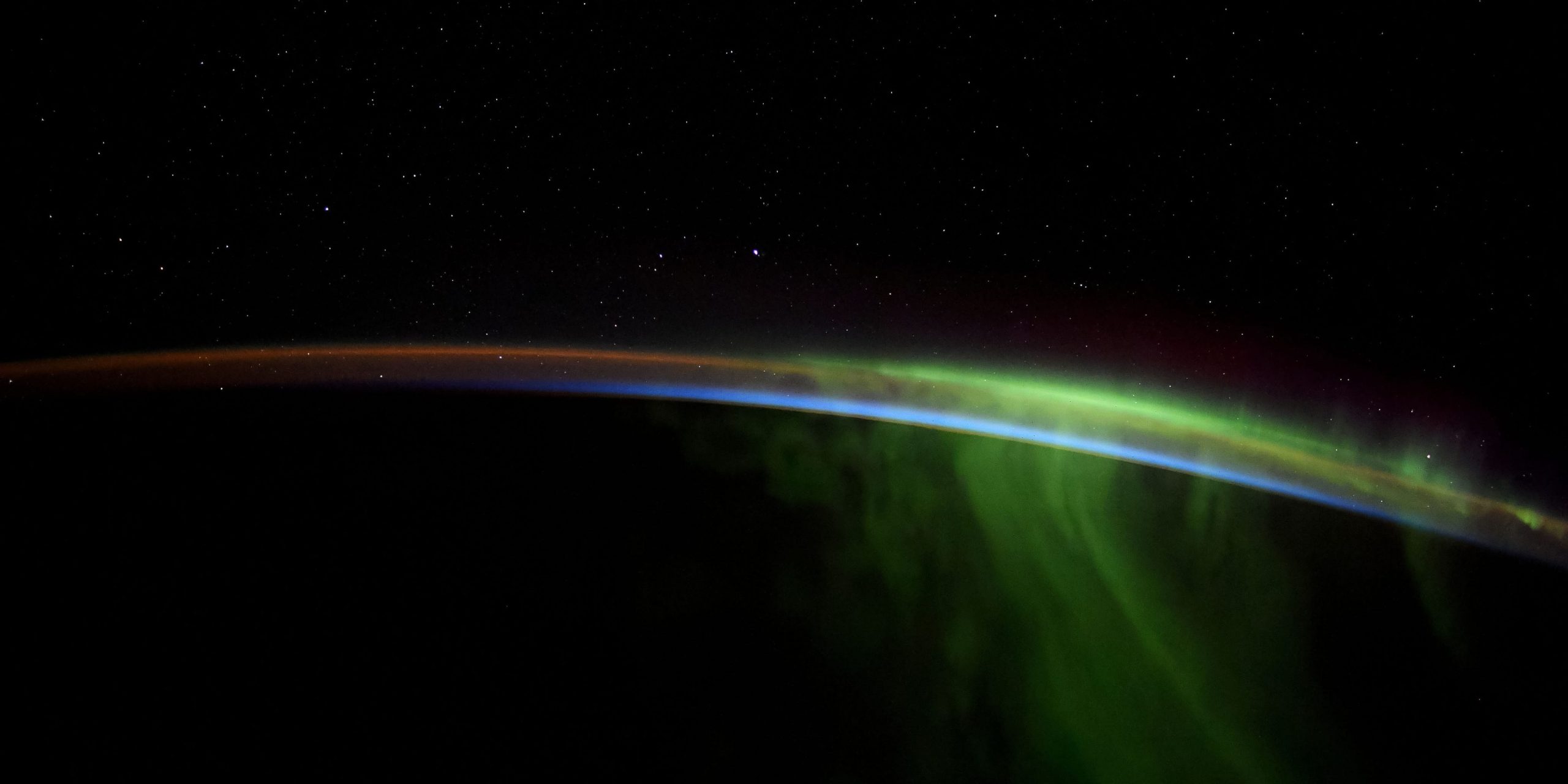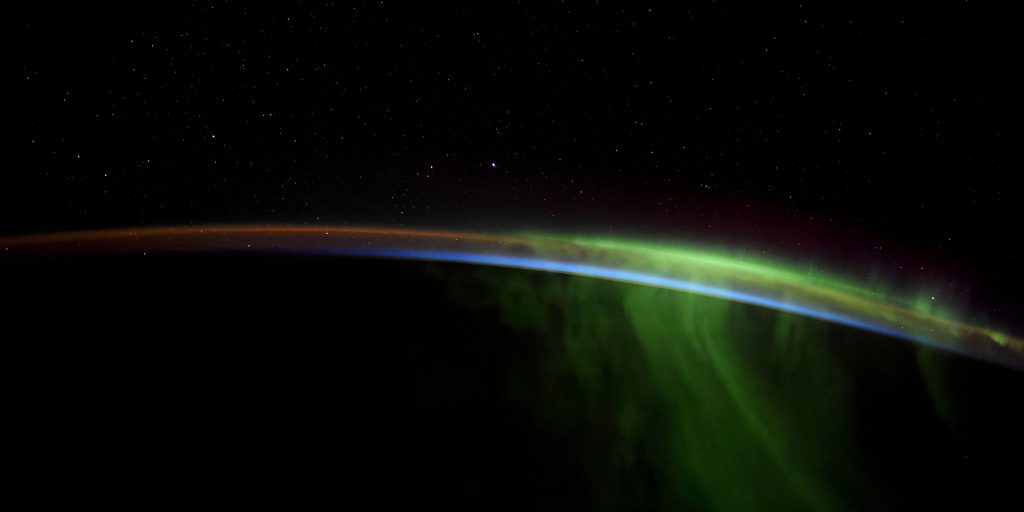
- NASA partially funded a program to study the intersection of religion and possible alien life.
- 24 theologians examined how world religions would react to the discovery of extraterrestrial life.
- They found adherents of religion may be more prepared for otherworldly company.
A rabbi, a priest, and an imam walk into a research program funded by NASA to talk about the intersection of God and aliens.
It's not the start of a religious joke; it's precisely what happened at Princeton University's Center for Theological Inquiry in 2016 when two dozen theologians gathered to participate in a program partially funded by NASA to research how humans might respond to the discovery of extraterrestrial life.
One of the religious scholars who participated in the program, the Rev. Dr. Andrew Davison of the University of Cambridge, told The Times UK earlier this month that he was one of 24 experts examining the existential question from 2016 to 2017.
Will Storrar, director of the Center for Theological Inquiry, told The Times that NASA was interested in producing "serious scholarship" addressing the "profound wonder and mystery and implication of finding microbial life on another planet."
A NASA spokesperson told The Hill that the agency's astrobiology program provided partial funding in the form of a $1.1 million grant to the Center for Theological Inquiry from 2015 to 2017. The spokesperson said NASA was not involved in selecting the study's researchers.
Davison, whose own work involves studying how astrobiology and Christianity interconnect, told the outlet that he and his fellow participants considered how followers of major religions might react to the discovery of aliens.
Their findings suggest adherents of religion may be more prepared for otherworldly company and those who aren't already indebted to a religious movement may be tempted to seek one out should aliens make their presence known.
"The headline findings are that adherents of a range of religious traditions report that they can take the idea in their stride," Davison writes in "Astrobiology and Christian Doctrine," a forthcoming book that will touch on his time during the program, according to The Times, which obtained portions of the book.
Davison also writes in the book, which is set to be released in 2022, that the non-religious community tends to "overestimate the challenges that religious people" might face if evidence of extraterrestrial life was discovered.
Davison posits that a "large number of people would turn to their religious traditions for guidance" in the event of a universe-expanding discovery.
Other religious experts, including a rabbi, an imam, and an Anglican priest, agreed, telling The Times their respective faiths and followers would likely persist, even in the face of aliens.
"Detection [of alien life] might come in a decade or only in future centuries or perhaps never at all," Davison wrote, "but if or where it does, it will be useful to have thought through the implications in advance."
